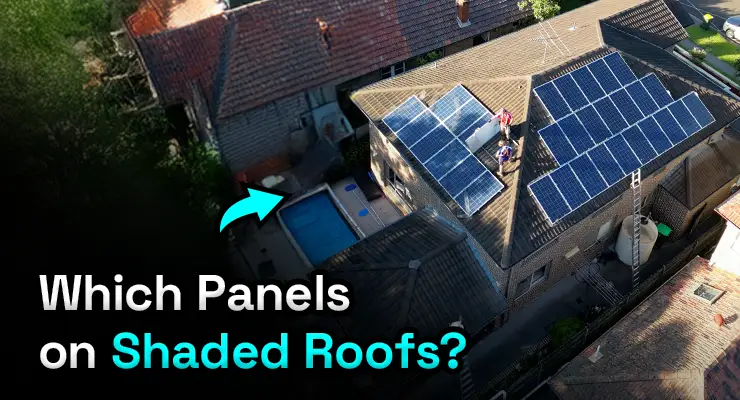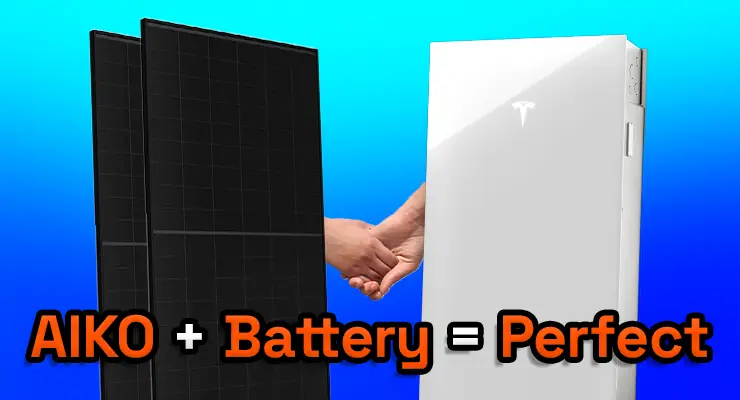Fast read
Australia's competitive solar market boasts over 8000 licensed installers, emphasising the importance of quality solutions. However, stringent qualifications, ongoing professional development, and rigorous safety standards are required because of the long-term support expected for solar systems.
Some companies resort to subpar equipment and practices, earning the label "cowboys." Profitability in the solar industry depends on factors beyond competition, including expertise, efficient overhead cost management, standing out through quality and service, adapting to market changes, equipment quality and cost, and ethical customer acquisition strategies.
While the solar sector offers potential, it demands realism, expertise, and adaptability for sustainable success.
Do solar installers print money?
The solar market in Australia is extremely competitive, with over 8000 licensed solar installers nationwide. This creates an environment that makes it difficult to “print money” for those who are not providing quality solutions.
Extensive requirements exist to provide solar solutions at a competitive price and to offer long-term customer service that supports products with warranties and life expectancies of over 25 years. These include;
- Gaining specific qualifications
- Complete ongoing professional development
- Meeting stringent regulations in installation and safety standards that are becoming increasingly restrictive and time-consuming
- Warranty risk for a solution that is expected to be supported for 25 years
Are there shady solar companies?
While many successful companies are profitable and growing, most are based on quality systems, customer service strategies, business planning, marketing, etc.
However, many companies and solar installers in the industry are also cowboys. Cowboys use cheap poor-quality equipment to do low-quality installs, yet sell at a premium price. Usually, they trade for a few years and sell many solar systems with false promises of performance and reliability.
Then, when the systems and equipment fail, the company becomes insolvent and enters bankruptcy. As a result, the customer is left with no support for their solar investment. These cowboys, in many cases, after making substantial profits from their original company, then morph into a new company and start the process all over again.
Overall, the solar market is extremely competitive, with the profits being relatively low for the value and risk required for quality and long-term support. So those genuine quality solar companies and solar installers cannot “print money”.
What other factors should we consider to determine the financial prospects of a solar company?
Expertise
Successful solar installations need skilled workers with technical know-how. Solar installers have to go through training and get certified to stay up-to-date with the latest practices and technology. This ongoing learning helps them do top-notch installations and stay competitive.
Having the right technical knowledge is key. Solar installers need to understand how solar panels and other equipment work, as well as how to set them up safely and efficiently. They also need to know how to deal with any problems that might come up.
Experienced workers are important too. They should know how to handle tools, do installations, and make sure everything works properly. Safety is a crucial aspect of their job too, so they need to follow all the rules to prevent accidents.
By keeping up with training and certifications, installers can improve their skills and offer better service to their customer journey. This helps them stay ahead of the competition and deliver quality installations every time.
Overhead costs
Solar installers must pay overhead costs. These include office rent, employee wages, insurance, marketing, and management, just like any other firm. These costs may impact profitability, which needs efficient management and planning.
A sign of a quality firm and efficient management of these costs is if the business has grown. Solar businesses are challenging to scale successfully, so it is a positive if they have.

Competition
As more companies join the solar industry, competition gets tougher. This means individual solar installers may find it hard to charge high prices and make good profits. To stand out, installers need to offer great work, excellent customer service, and extra services that add value.
Doing a great job with installations is key. Customers want their solar systems to work well and last long, so solar installers need to make sure everything is done right.
Providing top-notch customer service is also important. Being quick to respond to customer questions and keeping them informed throughout the process makes a significant impact.
Solar installers can also set themselves apart by offering extra services, like maintenance packages or solar energy efficiency upgrades. These add-ons make the solar experience even better for customers.
In a competitive solar industry, installers need to focus on doing great work, keeping customer loyalty and offering extra services to stand out from the crowd.
Market conditions
The solar industry can be affected by things like government rules, changes in incentives, and what customers want. These changes can affect how well solar installation companies do. Installers need to keep up with what’s happening in the market so they can adjust their plans accordingly.
For example, if the government starts offering more incentives for solar, it could mean more business for installers. But if the rules get stricter or incentives go down, it might be harder for installers to find customers and make money.
Changes in what customers want can also impact installers. If more people are interested in solar because they value the environment or because technology gets better, it could mean more business. But if fewer people are interested, it might be tougher for installers to find work.
Installers also need to pay attention to changes in incentives and rebates. These can affect how much money they make from each job, so it’s important to keep track of any changes.
Overall, installers need to stay up-to-date with what’s happening in the market so they can adjust their plans and stay successful.
Cost and quality of equipment
Even though the prices of solar panels and inverters have gone down, the cost of the equipment itself has not. In fact, quality equipment has either stayed the same or gotten more expensive over the past decade. Since having good equipment is crucial for a successful solar installation, installers should always make sure they’re using top-notch and well-maintained equipment. If a solar installer doesn’t have good equipment, it could be a warning sign that they’re not reliable or experienced in the field.
Customer acquisition and marketing
How a solar business attains customers is an excellent sign of their financial prospects. Usually, solar businesses will use marketing and lead generation strategies to get customer’s attention. If a solar business comes door-knocking or calls you directly, they are likely struggling financially and maybe a cowboy.
Although there is potential for success in the solar sector, it’s critical to approach it with a realistic awareness of the difficulties and dangers present. Several elements are necessary for the solar installation industry to be profitable, including market expertise, operational effectiveness, existing customer happiness, and the capacity to adjust to shifting market conditions.



